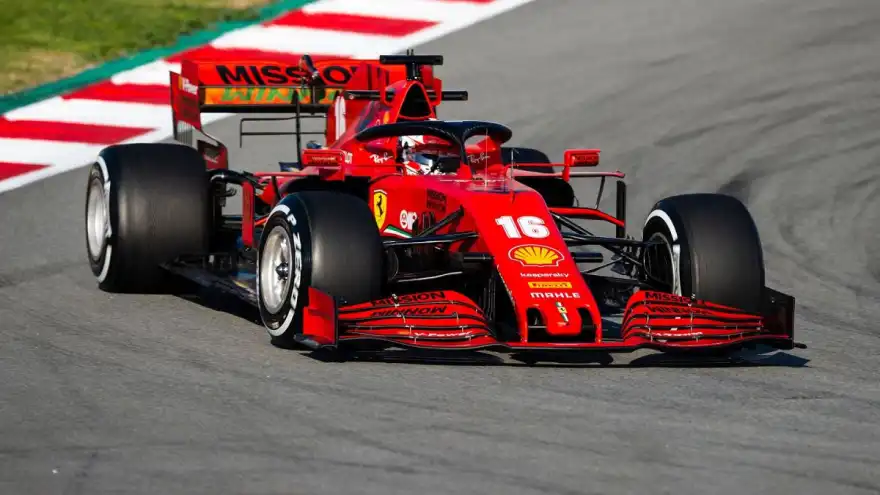
In its more than 70 years of existence, top-tier motorsport has introduced tech innovations that not only improved the sport but also benefited communities.
For instance, during the COVID-19 pandemic, F1 teams joined 'Project Pitlane' to help produce ventilators. Now, F1 aims to become carbon neutral by 2030 by developing sustainable fuels, marking a new chapter in its legacy.
Currently, F1 uses E10 fuel with 10% renewable ethanol, while Formula Two and Formula Three have used 55% sustainable fuel. However, by 2026, F1 plans to switch entirely to sustainable fuel in its new power units.
This move towards sustainability is crucial for F1's future, especially since it travels globally for races. Although F1 cars only contribute 0.7% to the sport's carbon footprint, using sustainable fuels can have a broader impact beyond the track.
The 2026 engine regulations not only introduce 100% sustainable fuels but also aim to:
- Increase electrical power: Cars will have a stronger electrical component, producing almost three times more energy.
- Reduce fuel loads: The amount of fuel allowed per race will decrease, promoting efficiency.
- Cut costs: Teams will face a cap on engine costs, and certain components will be removed to align with road car industry trends.
Sustainable fuels for F1 must be carbon neutral, meaning they don't add more carbon to the environment. Manufacturers can derive these fuels from various sources like non-food biomass or green hydrogen. Despite the complex chemistry involved, the goal is to create synthetic fuel without increasing carbon emissions.
These sustainable fuels also have implications beyond F1, potentially influencing road car fuel development. Unlike road fuels, F1 regulations prohibit co-processing, where renewable and crude oil are processed simultaneously. This restriction encourages the production of low-carbon fuels through new plants, aiding in reducing emissions.
Various types of sustainable fuels are being explored, including:
- Gasoline: Derived from bio-feedstock like ethanol, methanol, or isobutanol.
- Diesel: Contains biodiesel or renewable diesel, made from sources like soy oil or used cooking oil.
- Sustainable marine fuels: Under research to reduce emissions from maritime transport, potentially using ammonia or biofuels.
- Sustainable aviation fuels (SAF): Renewable fuels for aircraft, made from sources like municipal waste or ethanol.
These drop-in fuels are designed to be compatible with existing vehicles and infrastructure, reducing the need for expensive modifications. F1's pursuit of sustainability also serves as a testing ground for fuel manufacturers, driving innovation in the broader industry towards greener alternatives.




